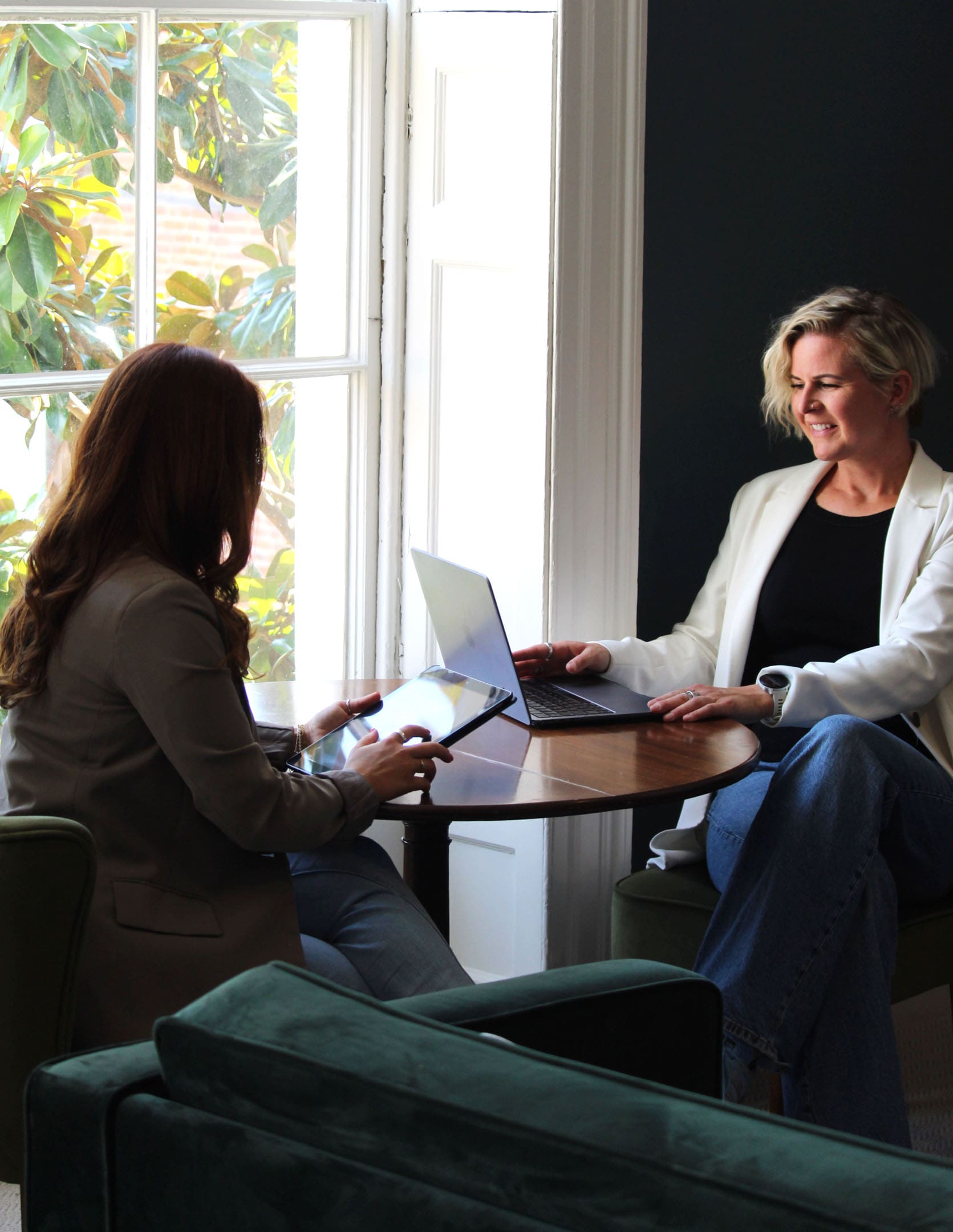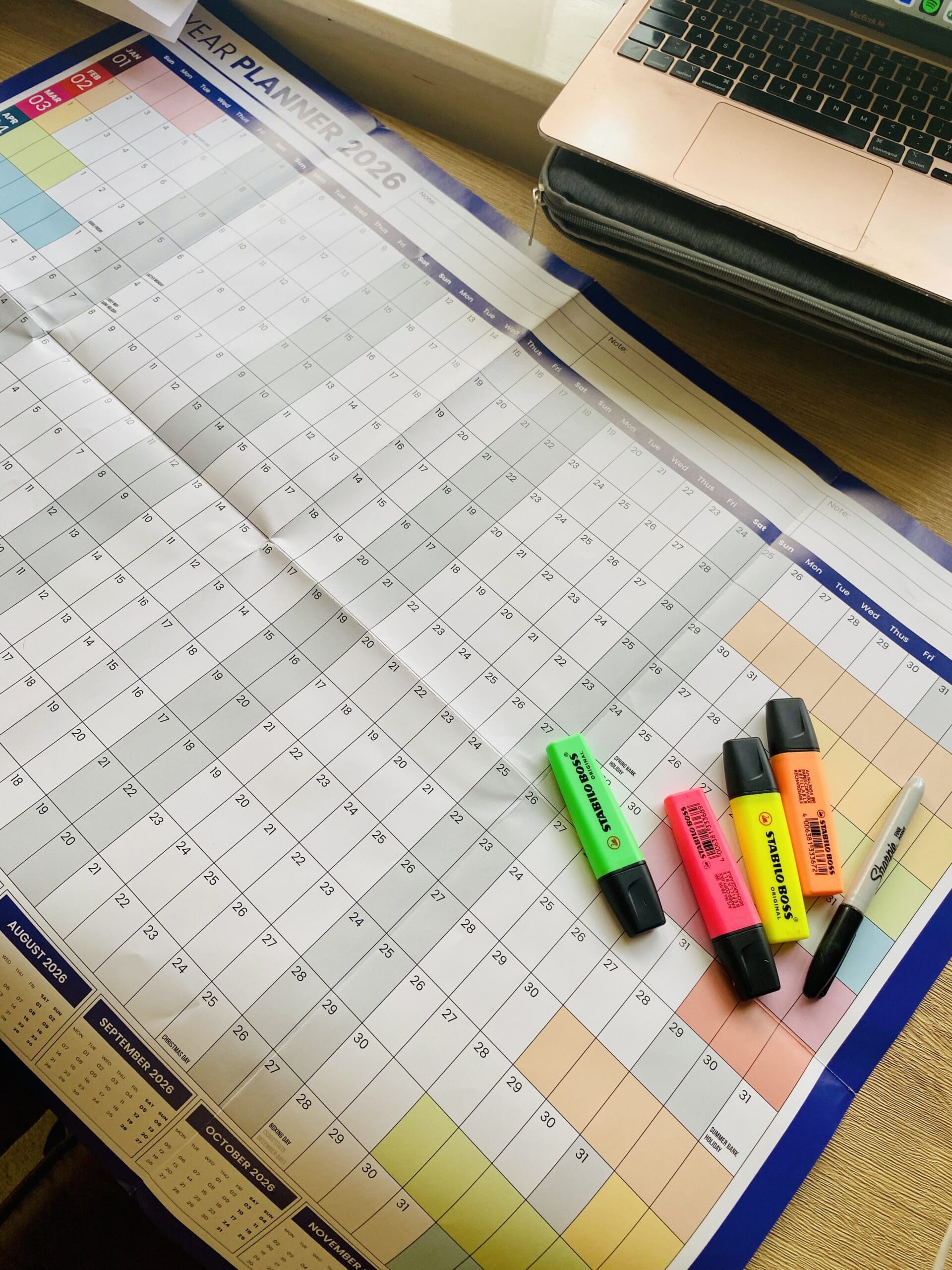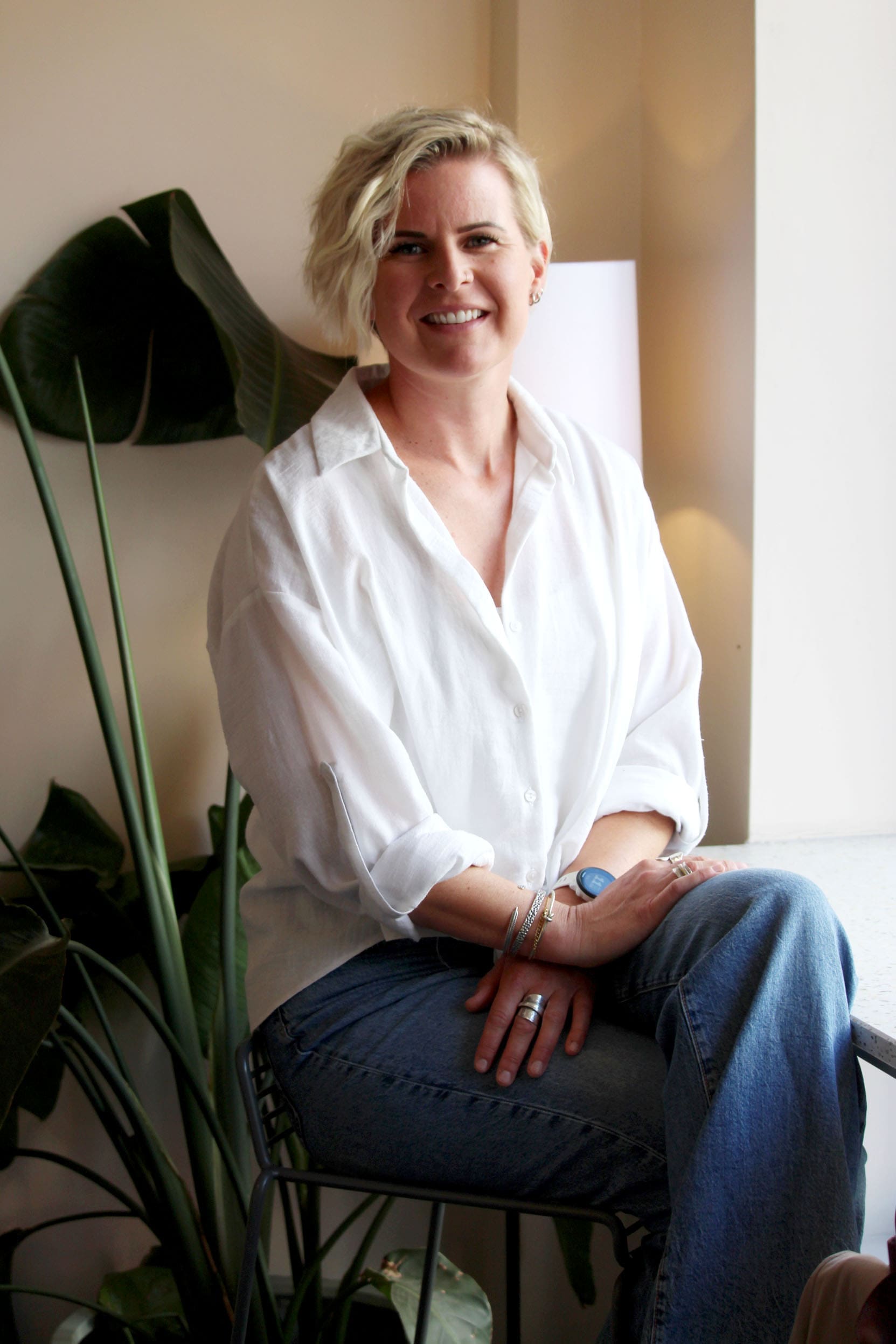I’ll let you in to a little secret – for years ‘busy’ was my comfort zone. I used to believe that success meant working harder than everyone else. Long hours, late nights, being a ‘yes’ person, squeezing more and more into each day – it felt like the only way forward. But the truth? It wasn’t. It led me straight to the brink of burnout.
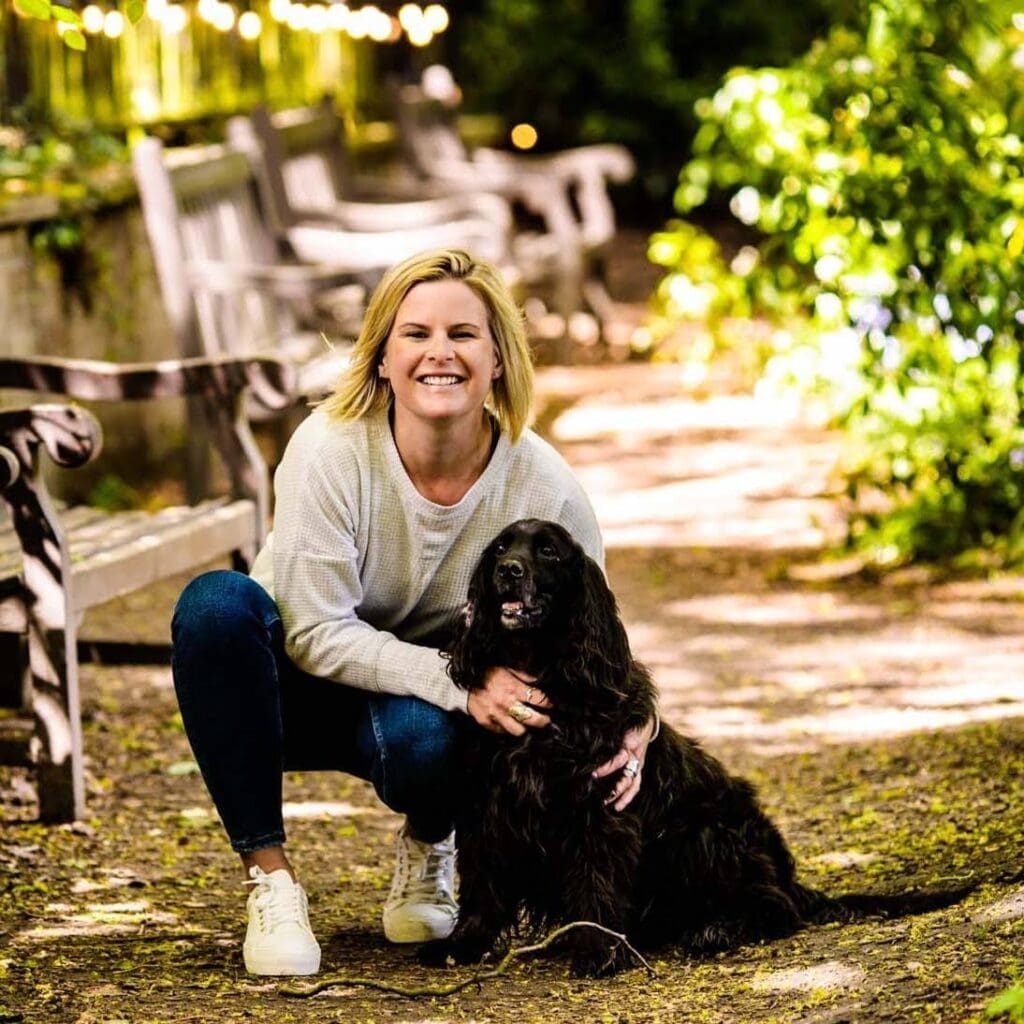
I’ll take you back to 2019 – and I was sitting in my car between client sessions feeling drained and overwhelmed, staring at a full inbox and a to-do list that never seemed to shrink. My phone was constantly ‘pinging’ with notifications and emails and I was constantly distracted. I was working harder than ever, yet getting nowhere fast – I felt like a hamster on a wheel. That was the turning point: I realised I needed to stop equating busyness with progress, and start learning how to work smarter.
Working with a business strategist and coach, I’m pleased to say I turned it around and left burnout behind. Here are three of the most important lessons I learned, ones I now share with my clients to help them avoid the mistakes I made:
1. Focus on What Matters
Burnout taught me that not everything deserves my time and energy. I used to fill my days with small, easy tasks that looked productive on the surface but did little to move me forward. I mean, who doesn’t like ticking things off a list, right?! Now, I use a simple question: If I could only get one thing done today, what would matter most? Prioritising high-impact tasks not only improved my performance, it reduced the mental load too.
2. Treat Rest as Part of the Job
For years, I thought rest was indulgent. Lazy even. In reality, it’s essential. Just as the elite athletes I work with at British Equestrian, need to recover to perform at their best, we all need downtime to restore energy, creativity and focus. For seven (yes, seven!!) years I took my laptop everywhere with me – even on holiday! So I never switched off. I realised when working with my coach Mel this wasn’t helping. When I began protecting my time and boundaries better, closing the laptop at certain times and scheduling proper breaks away from work, I noticed I was finally giving myself permission to pause and switch-off. On my return I found I was more focussed and productive, not less.
3. Build Systems, Not Just Goals
Goals are great for direction, but they’re not enough on their own. I learned that without systems, goals just became dreams that I didn’t achieve. These days, once I’ve created my goals (which I do on a quarterly basis) I split the list down into ‘projects’ and ‘tasks’ – projects being a part of a big goal that I know will take focus, time and concentration – such a writing a blog post like this! I prioritise a project at the beginning of the work day, when I know my focus is at it’s best. Tasks become fillers – between the projects when my brain needs a break or towards the end of the day when my energy is dropping – for example paying invoices or replying to emails. I use weekly and daily planners as well as app-blockers to keep me on track and focussed on what is actually important. Having a structure means I keep moving forward, even on the days when motivation is low.
Why It Matters
Working smarter isn’t about shortcuts, it’s about making choices that protect your energy and give you the best return on your effort. My experience with burnout showed me that working harder isn’t sustainable. But with clarity, recovery and systems, you can achieve more while feeling better.
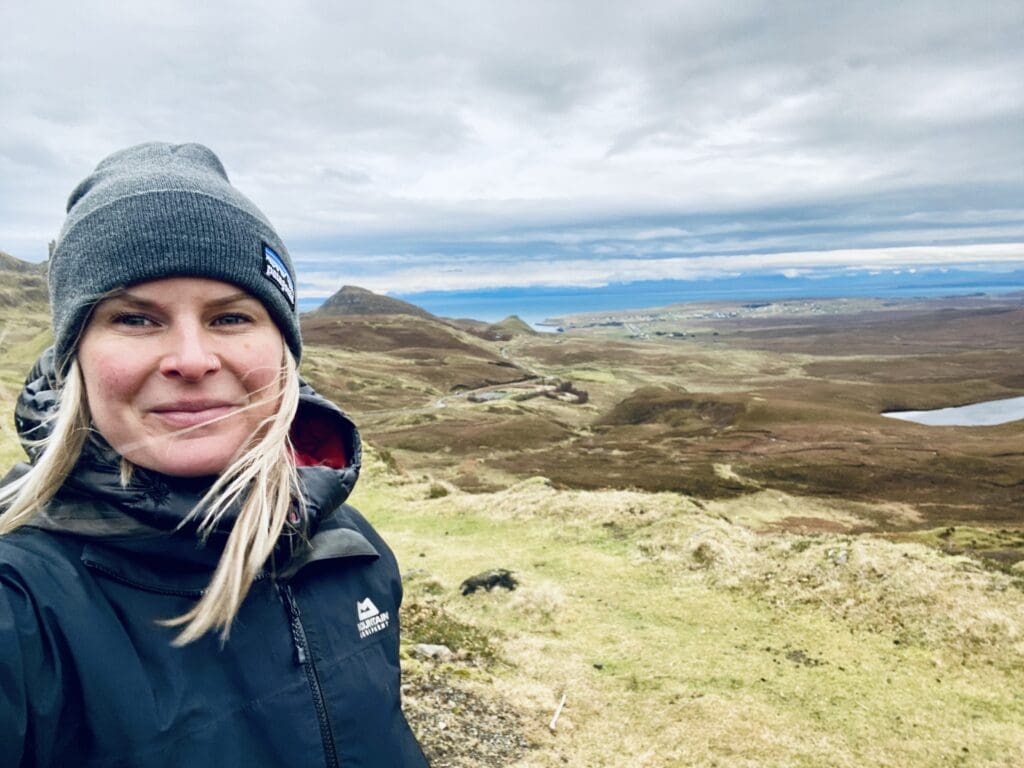
It’s a message I now bring into my coaching and workshops: performance and wellbeing go hand in hand. You, like me – don’t need to burn out to succeed, you need the right mindset, tools, and strategies to help you thrive.
👉 If you’d like to explore how to put these tools into practice, take a look at my coaching programmes – designed to help you work smarter, build resilience, and achieve success without losing yourself along the way.
